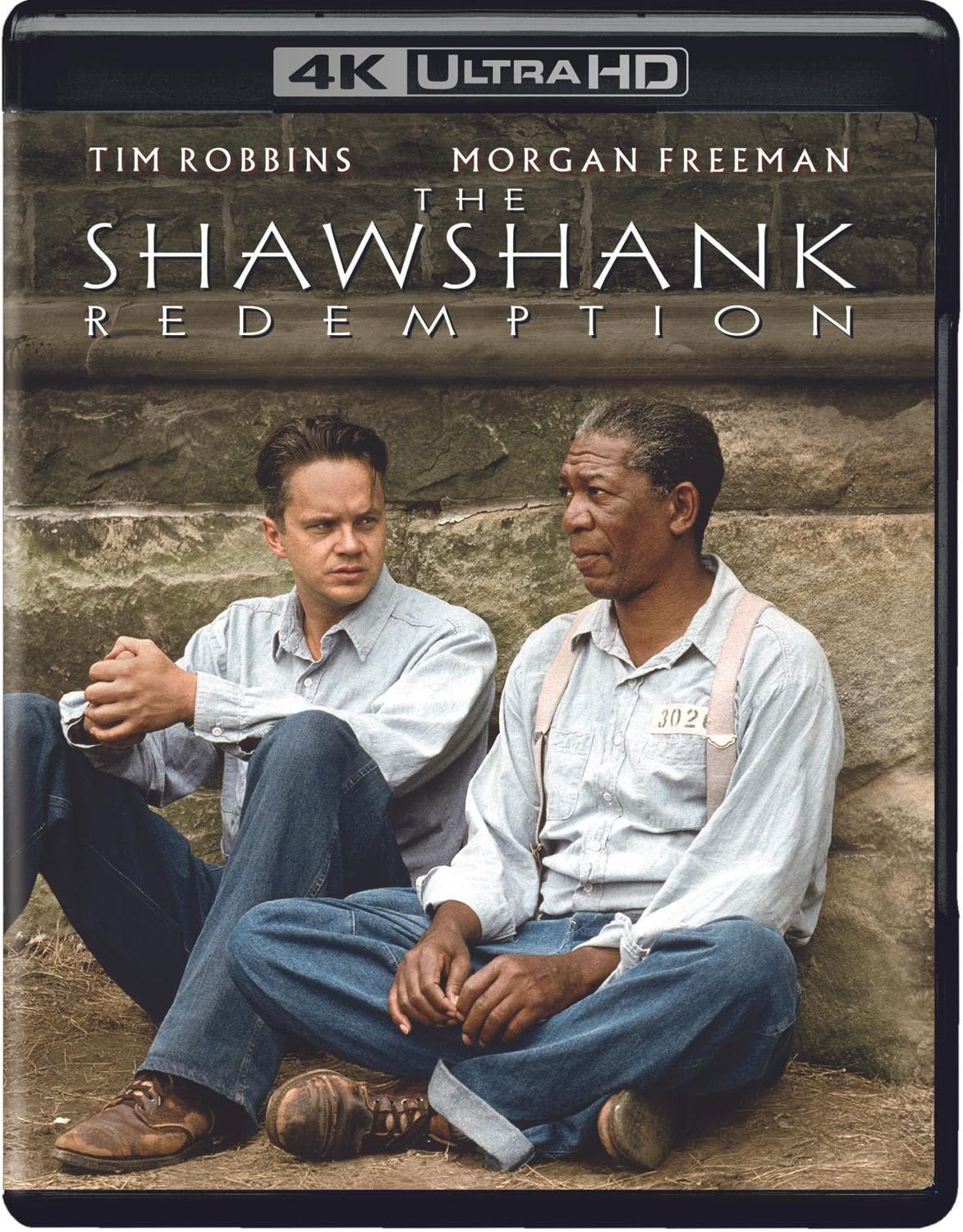#74: The Importance of One-to-one Meetings
And why it's your job to make sure your boss holds them
👋 Hey, Leo here! Welcome to the Level Up Ladder. Each week, I explain the concepts needed to become a better tech leader and grow your career. Subscribe to get every issue.
Hey friends,
Welcome to the 74th edition of the “Level Up Ladder” newsletter.
I was very close to not sending a newsletter today.
I had a long, hard week at the office, and I got a bug or something the last few days, so I didn’t feel like doing anything, let alone writing.
But I didn’t want to break my streak, so I thought I should write a few lines about what I believe is one of the most important meetings for a manager: the one-to-one meeting.
Why One-to-One Meetings Matter and How to Make Them Effective
One thing I’ve learned over the years is that one-to-one meetings are one of the most powerful tools a leader has. Yet, they’re often overlooked or rushed through.
I know many people who never have these meetings with their bosses.
For the first 8 years or so of my career, I don’t remember having them either.
I get it—there are deadlines to meet, projects to push forward, and sometimes it feels like you don’t have the time for another meeting. But trust me, skipping them is a huge missed opportunity.
Why One-to-One Meetings Are Important
They Build Trust
Regular one-to-ones create a space where your team feels safe to open up. When done consistently, these meetings build trust.It's a dedicated time for people in your team to voice concerns, share ideas, and even bring up challenges they’re facing.
They Prevent Bottlenecks
Sometimes, team members hesitate to bring up issues in group meetings or on Teams/Slack. These small problems often grow into much bigger ones if left unchecked.In a one-to-one, they’ll be more comfortable discussing potential roadblocks before they turn into major setbacks.
They Drive Growth
Let’s be honest: 90% of people want to grow in their role.One-to-one meetings are a perfect time to talk about individual development. What skills do they want to build?
Where do they see themselves next year?
As a leader, it’s your responsibility to help your team reach their full potential.
They Create Accountability
A regular cadence of check-ins ensures everyone stays aligned on goals and progress.Accountability doesn’t mean breathing down their neck—it’s about giving them ownership and being there to guide when needed.
How to Make One-to-One Meetings Effective
Now that we know why they matter, let’s talk about how to make them effective. Here’s a simple structure I follow to get the most out of every one-to-one.
Make Them Consistent
Schedule regular meetings: Whether it's monthly or bimonthly, set a recurring time. This consistency signals to your direct reports that their growth and concerns are important to you.
Don’t cancel unless absolutely necessary: If you start canceling these meetings too often, it sends the message that they aren’t a priority. And if you don’t prioritize them, why should your team?
Create a Safe Space
Encourage honesty: You need to create an environment where your team feels comfortable sharing their real thoughts—not just what they think you want to hear.
Listen more than you talk: This meeting is for them, not you. Ask open-ended questions, and let them speak. When they know they have your full attention, you’ll get deeper insights into what’s really going on.
Have a Clear Agenda—but Keep it Flexible
Start with their priorities: Always begin by asking them what they want to discuss. This ensures the meeting is focused on their needs and concerns.
Discuss performance and goals: Make time to align on goals—both individual and team-based. Are they on track? What do they need to get there? This is also a good time to highlight wins and discuss areas for improvement.
Personal development: Don’t skip over career growth. Ask questions like, “What skills do you want to build?” or “What are your career goals for the next six months?”
Provide Feedback—Both Positive and Constructive
Recognition is powerful: Never underestimate the impact of recognizing good work. It boosts morale and shows that you see their efforts.
Be clear with feedback: Constructive feedback is crucial, but it needs to be specific. Saying “You need to be better” won’t help anyone. Instead, focus on actionable insights. For example, “I noticed this project was delayed—what support do you need next time to meet the deadline?”
Follow Up
Document action items: After the meeting, make sure to note down key takeaways and follow-up tasks. This makes the next one-to-one even more effective because you can track progress and adjust as needed.
Check-in between meetings: Don’t make one-to-ones the only time you talk. Quick Slack check-ins or informal conversations can help maintain the connection and keep the momentum going.
Final Thoughts
One-to-one meetings aren’t just another box to check off on your to-do list—they’re a tool to build stronger relationships, drive team performance, and develop future leaders.
As leaders, we need to prioritize these meetings and make sure they’re meaningful. When done right, they can have a huge impact on your team’s engagement and success.
But if I had to leave you with one idea, it’s this.
Manage up!
Your manager might not have the time. They might not consider this a priority.
It’s YOUR responsibility to push them to make sure this meeting is held.
If they refuse or cancel it often, you have an issue.
What do you think is the most important thing to be discussed in an 1:1?
Recommendations
1/ OpenAI’s GPT-o1
In this blog post, a guy created a complete McKinsey Strategy Deliverable with AI while testing OpenAI’s GPT-o1 preview.
He gave it a complex business case along with a complete list of deliverables that a McKinsey team might typically create to address the case.
After thinking for two minutes, it wrote for 40 minutes straight a strategy paper containing 5000 words.
This type of consultancy costs thousands of dollars and even though it will not replace strategic consulting, it will definitely change the rules of the game.
2/ Shawshank Redemption
I just rewatched this movie last night on Netflix, more than fifteen years after I last saw it and I remembered why it’s number 1 on the IMDB Top 100 list of all time.
It’s a real masterpiece and a must-see for all.
3/ “Courage is calling” by Ryan Holiday
Ryan Holiday is one of my favorite authors, and I think I already told you that his book, “The Obstacle is the Way," helped me go through a bad time in my life.
Courage Is Calling" is the first book in his series on the Stoic virtues, exploring the concept of courage through historical examples, philosophical insights, and practical applications. Holiday emphasizes that courage is not the absence of fear but the ability to act despite it.
He illustrates how individuals throughout history have exemplified this virtue in various contexts, from soldiers in battle to everyday heroes. The book serves as a guide for readers to cultivate courage in their own lives, encouraging them to confront challenges and uncertainties with resilience and fortitude, ultimately leading to personal growth and fulfillment.
Thank you for reading, and I hope you’ll join me in the comments section for further discussions!
Leo
P.S. If you enjoyed this piece and want to support my writing, please consider sharing it.
Thank you so much for being here!
P.P.S. If you want to read my content daily, don’t forget to follow me on LinkedIn.





